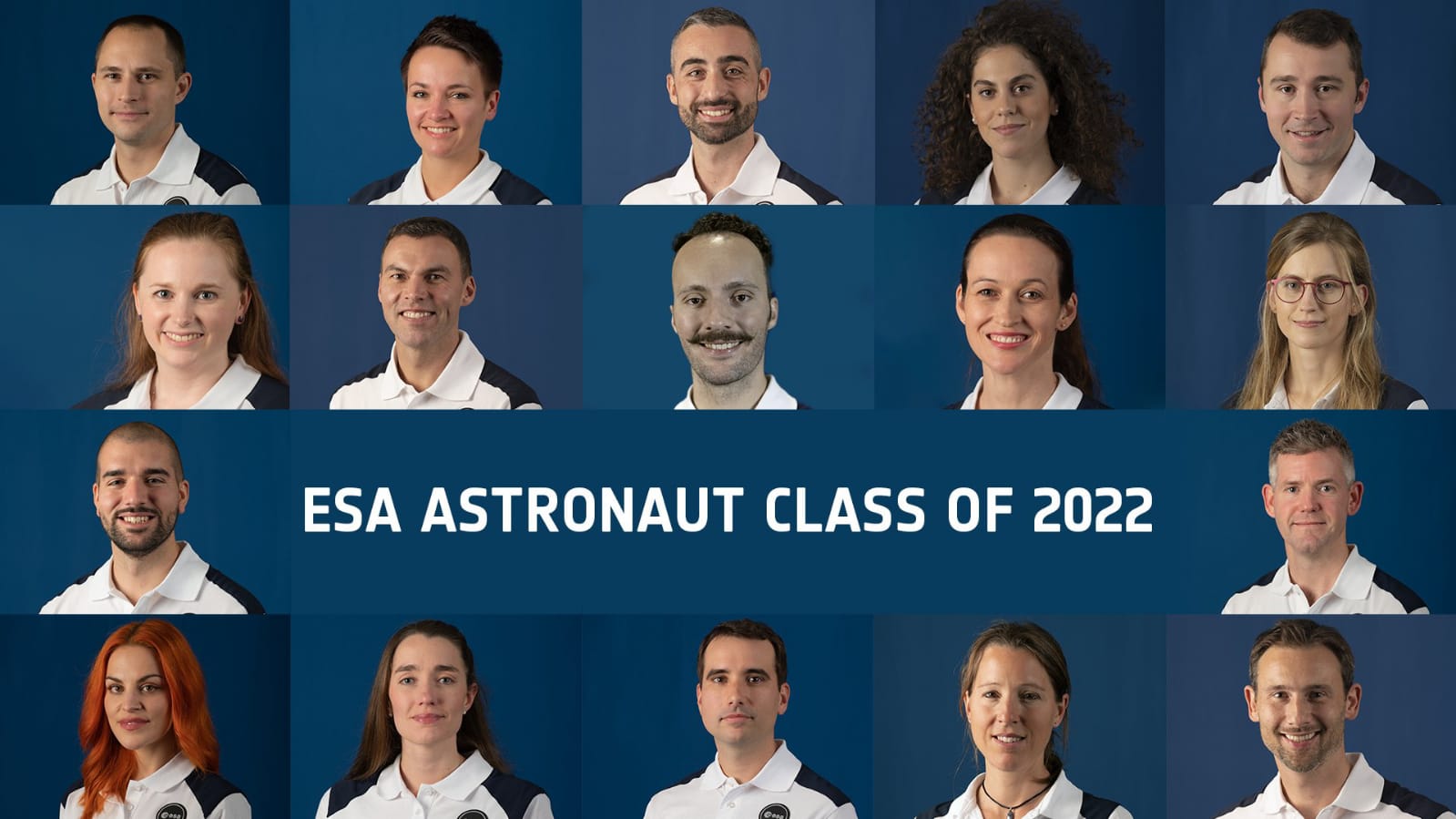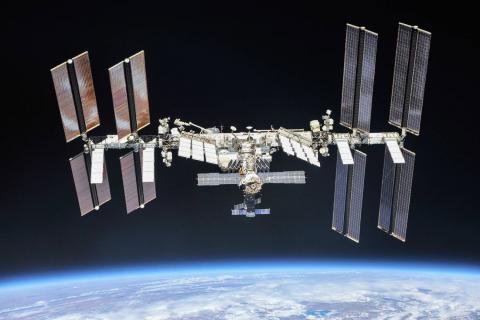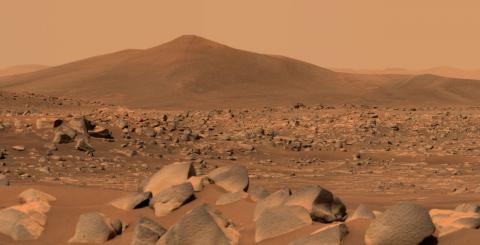Reactions: ESA selects two new Spanish astronauts
The European Space Agency (ESA) has just announced who will form part of its new generation of astronauts and there are two Spaniards among those selected: Pablo Álvarez and Sara García (the latter, in reserve). They thus become the third and fourth Spanish astronauts in history, after NASA's Michael López-Alegría (with Spanish and US nationality) and Pedro Duque, the first Spanish astronaut to be selected by ESA in 1992. No Spanish candidate was selected in the European agency's 1998 and 2008 calls for applications.

Laura Parro - ESA EN
Laura Parro
PhD in Planetary Geology and researcher at the Lunar and Planetary Laboratory of the University of Arizona-UCM who applied for this ESA selection process
It has been really exciting to follow the selection process of the new ESA astronauts from the beginning, and even more so from the inside, performing some of the selection tests. During the process in Germany I met great candidates from different countries and, later, many of the Spaniards selected for the tests had the good idea of keeping in touch, celebrating the successes of those who continued to endure in the adventure of becoming astronauts.
It has been almost a year of constant encouragement from one and all. We know how difficult it is, not only to participate in the process or to pass each of the tests, but also to be selected. That is why I am especially happy to have seen the smiles on Pablo and Sara's faces today. They deserve all our congratulations and best wishes, it was amazing to see it live, something I will remember for the rest of my life.
For all of us who work in Planetary Science it is even more gratifying to see how future astronauts (Pablo, Sara, and the rest of those selected for 2022) could be the next human beings to visit the Moon or Mars. In addition, I am happy to confirm the role of our new astronauts, promoted by the increase of Spain's contribution to ESA by the Ministry of Science; as well as to see more women selected as astronauts, something that ESA tried to promote from the beginning.
The development of new space missions with human crew will mean new avenues of exploration beyond robotic work. I look forward to seeing their evolution and trajectory over the coming years.
She was a candidate in the ESA selection process.
Javier Gómez Elvira - astronautas ESA
Javier Gómez Elvira
Aeronautical engineer and former head of INTA's Department of Payloads and Space Sciences
It is very positive for the Spanish community to have a representation in the ESA astronaut corps, not only because it shows that the ability of our candidates was at the same level as the rest of Europe (congratulations to the University of León), but also because it is inspiring for young students.
On the other hand, it is hoped that with this new batch, a new phase of ESA in human exploration will begin. Europe should have its own objectives at a level similar to those of China or the USA. Technologically it is technologically capable, and all that is missing is the political push to make it a reality.



